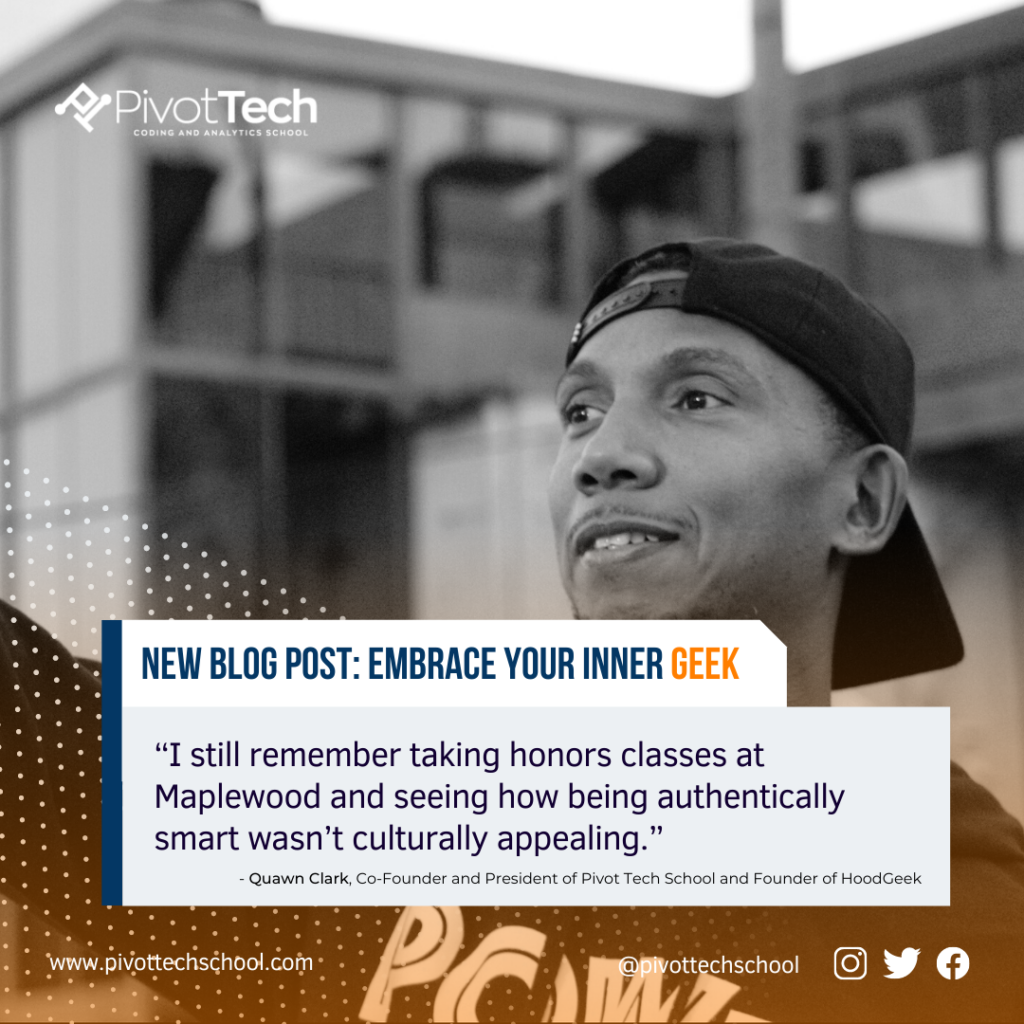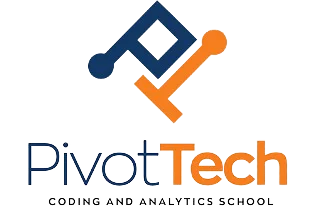Silencing The Shame: Embrace Your Inner Geek

This statement personally takes me right back to my inner-child, sitting in class, afraid to speak up and answer questions, simply because I was tired of being called “teacher’s pet” or a “know-it-all,” by kids that happened to look like me. Over the years of adulthood, I’ve had the pleasure of connecting with other young black adults, who–unfortunately tell a similar narrative: being shamed and almost ridiculed for showing even the slightest hint of intelligence by speaking with an extensive vocabulary, making exceptional grades, or even enjoying school–just to be told that they’re “acting” or “talking” white.
I remember life before social media. Before all the empowering campaigns that focused on bringing like-minded individuals together in hopes of creating a welcoming and over-supportive network–something that the younger version of me would’ve definitely benefited from. The disdain I felt from the sharp looks and dirty comments changed me. Looking back, a lot of my memories of personal achievements that I felt excited to share were often trumped by the fact that it wasn’t “cool” for me to feel that way in the first place. I hate to admit that “they” got to me. I allowed my bright light to be dimmed because my shine wasn’t the “cool” kind.
So, who wrote the playbook on what separates the cool from the quirky? The chic from the geek? And why is it so hard for the culture to openly accept that an organic mixture of those characteristics can simultaneously exist in one person? I can’t help but to wonder how a majority of our people–who are descendants of those that were once forbidden to learn how to read and write, can not take pride in those that can exceedingly excel at both (and then some) all while braving beautifully melanated skin. In order to accurately address this problem, we have to take a deep dive into the source.
“Knowledge unfits a child to be a slave.”
– Frederick Douglass, Life and Times of Frederick Douglass
Frederick Douglass was a powerful abolitionist, who was mainly self-taught in reading and writing in the duration of his enslavement. When he became a free man, he chose to fight back as a civil rights leader, and made sure to spread awareness about the importance of education in the black community.
To be blunt, it was known across the South that an educated slave was a dangerous one. They would be able to think and operate for themselves–freely, rebel against authority, disobey law, and of course, teach others to do the same. Take a look at Nat Turner, for example. He was sold to a white man named John Travis and became a preacher amongst his community. He gained a decent following, and ultimately orchestrated a rebellion against white supremacy and the oppression of the enslaved on August 21, 1831. Education combined with communication amongst the enslaved would create unity within a group of people who didn’t realize their strength in volume, and what slave master would want that?
Case in point, actual laws were set in place to prevent anyone from educating a person that was considered enslaved.
This idea alone created negative and false notions around a person of color, seemingly possessing intelligence:
- Education was for the white man.
- Being white and educated placed one on a pedestal that was superior to those that had less (i.e. power, authority, prestige, assets, rights, etc.)
- The enslaved were viewed not as a person, but as a product. What physical attributes did they have that could be beneficial to intensely laborious work? Height, long limbs, strong legs and broad backs?
- Black folk that strived to read and write were looked at as something they are “not.”
- Enslaved black people that exuded intelligence were often punished by being beaten ruthlessly or killed.
- Being educated placed a huge target on the backs of the enslaved.
- Black folks were guilty by association, and often felt the wrath of the wrongdoing of others.
- It was much easier for black folk to mind their business.
The trauma of witnessing your loved ones sold, hurt and killed for much less than basic literacy for decades upon decades made the complexity of “Scholar Shaming” even more intricate throughout our culture.
Sadly, it’s safe to say that the mindset behind this entire idea didn’t develop overnight. This is the result of years of damaging heartache and humiliation. And the weight of the term “geek” or the phrase “acting white” was magnified to no avail.
Even though that portion of the story has been written, we are now living in a time of endless possibilities. We have access to a plethora of valuable resources, connections, and pathways that can lead us to success and generational wealth. While we have many avenues to take advantage of, tech is an amazing “pen” (or should I say “keyboard”) that helps us change the way this story plays out.
We can be extremely smart and very cool at the same time–and we can find comfort in the fact that the characteristic of intelligence isn’t synonymous with being of a certain race or background. Minorities can elect to tap into their inner-child who was once upon a time a little quirky or misunderstood, and curate skills by the way of hands-on training and intense professional development workshops at Pivot Tech. Our students can change the course of their story in as little as 5 months.
By getting adequately trained in Cybersecurity, Data Analytics, and Software Development, we are not only able to level up our skillset, but also our work-life balance, mental health, job security, and most importantly, financial freedom.
“My passion is to make it cool to be the smart kid in class. I want to make it cool to study technology and crypto, understand credit and psychology, build healthy relationships, and destroy toxic habits. I wanna make it cool to be a smart, positive, and happy person.”
-Quawn Clark
In closing, I leave you with the same sentiment I tell my own children every single day: Never dim your own light, no matter how hard the darkness tries to overtake you. I learned the hard way, but am happy to share that I am unlearning the habits that got me to this point.
Silence the “scholar shaming” amongst our young brothers and sisters and encourage every single one of them to embrace their inner geek.
Click here to find out more about Pivot Tech and the bootcamps that we offer so you can pivot your career and embrace your inner geek today.
